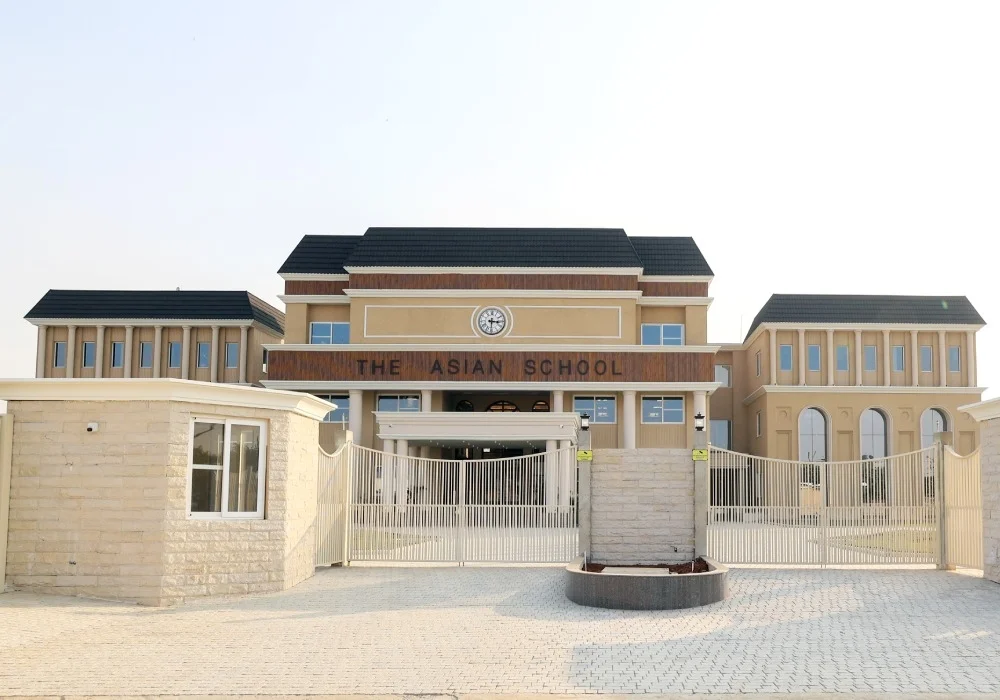Introduction: Embracing Diversity in Education
Education is a right, not a privilege—and every child, regardless of ability, deserves equal access to quality learning. In recent years, Ludhiana schools have made significant strides toward creating inclusive environments where students with special needs are not just accommodated but welcomed, supported, and empowered. By integrating inclusive education practices, these schools are sending a powerful message: diversity in the classroom is not a challenge, but a strength that enriches learning for everyone.
Understanding Inclusive Education
Inclusive education goes beyond physical access to classrooms. It’s a philosophy that ensures students with learning differences, physical disabilities, emotional needs, or developmental delays receive the same opportunities, respect, and academic attention as their peers. Ludhiana schools are increasingly adopting this approach, ensuring that the education system adapts to the child, not the other way around.
By recognizing the individual strengths and challenges of every learner, inclusive schools in Ludhiana foster empathy, cooperation, and a sense of community among students.
Creating Supportive Infrastructure
One of the first steps Ludhiana schools have taken toward inclusion is building infrastructure that supports accessibility. Ramps, elevators, accessible washrooms, and ergonomic furniture are being incorporated into school designs to accommodate students with mobility challenges.
Classrooms are also being equipped with visual aids, large-print materials, assistive devices, and alternative communication tools to help students with sensory impairments or learning disorders. These changes signal a commitment to making the physical environment welcoming and usable for all learners.
Special Educators and Trained Staff
To meet diverse learning needs, Ludhiana schools are employing special educators trained to work with children with conditions such as autism spectrum disorder (ASD), ADHD, dyslexia, Down syndrome, and speech or language delays. These educators use individualized instruction plans, multi-sensory teaching techniques, and emotional support strategies tailored to each student.
General teachers are also receiving training through workshops and certifications in inclusive education. They learn to identify early signs of learning difficulties, adjust lesson plans, and maintain an inclusive classroom atmosphere that encourages peer support and collaboration.
Individualized Education Plans (IEPs)
Many Ludhiana schools now follow a structured system of IEPs for students with special needs. These plans are created collaboratively by educators, counselors, therapists, and parents, outlining specific goals, teaching methods, and assessment strategies for the child.
IEPs allow schools to track progress and adjust interventions accordingly. This personalized approach helps students overcome academic hurdles while building confidence and a sense of achievement.
Integration with Mainstream Classrooms
Rather than isolating students with special needs, Ludhiana schools are increasingly integrating them into mainstream classrooms wherever possible. This helps create a learning environment where children with and without disabilities grow up together, learn from each other, and form lasting friendships.
Such integration encourages empathy, breaks down stereotypes, and teaches all students the value of acceptance and cooperation. It also challenges the misconception that inclusive classrooms compromise academic rigor—in reality, they enrich the learning experience for everyone involved.
Emotional and Behavioral Support Systems
Supporting the emotional well-being of students with special needs is a vital part of inclusive education. Ludhiana schools are hiring school counselors and psychologists who provide one-on-one sessions, group therapy, and classroom support.
These professionals help students develop emotional regulation, self-esteem, and social skills. They also work with teachers and parents to manage behavioral issues compassionately and effectively, ensuring that each child feels secure and understood.
Use of Assistive Technology
Technology is playing a key role in inclusive education. Schools in Ludhiana are using assistive devices such as speech-to-text software, audiobooks, text magnifiers, and communication apps to help students engage more fully in the classroom.
For students with dyslexia or visual impairment, e-learning tools and adaptive reading programs are used to tailor content to their pace and style of learning. These tools not only enhance accessibility but also promote independence and academic progress.
Involving Parents as Partners
Parental involvement is crucial to the success of inclusive education. Ludhiana schools actively engage with parents through regular meetings, support groups, counseling, and feedback sessions. Parents are seen as collaborators in planning, intervention, and decision-making.
By building strong relationships with families, schools ensure that the support students receive at home aligns with their school experience, creating consistency and reassurance for the child.
Promoting Awareness and Acceptance Among Peers
Inclusion is most successful when the entire school community is involved. Many Ludhiana schools conduct sensitization programs and interactive activities that teach students about different abilities, challenges, and the importance of inclusion.
Through role-plays, storytelling, buddy systems, and group projects, students learn to respect differences and offer support to classmates who may need it. These initiatives lay the foundation for a more inclusive and compassionate society.
Conclusion: A Step Toward Equality and Empowerment
Ludhiana schools are proving that inclusive education is not only possible but essential. By creating environments that accommodate and celebrate all learners, they are making a powerful statement about equity, dignity, and shared learning.
Supporting students with special needs is not a favor—it’s a responsibility. And through their thoughtful policies, trained educators, and inclusive practices, Ludhiana’s schools are ensuring that every child has the opportunity to learn, grow, and shine—no matter their challenges.






